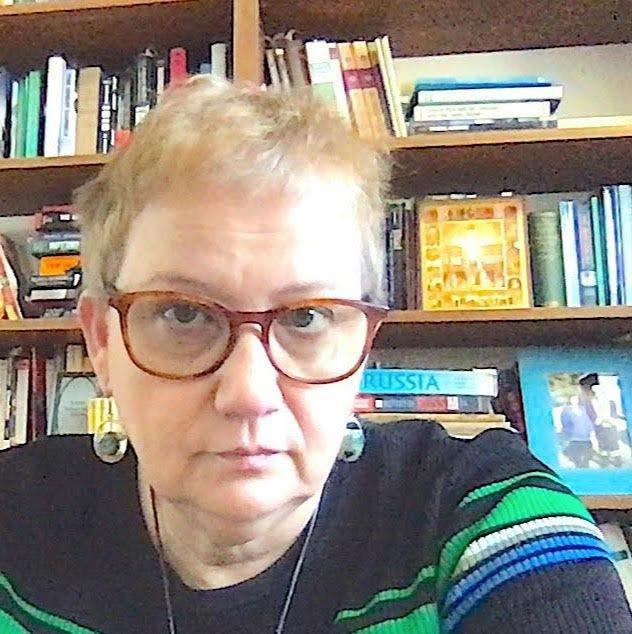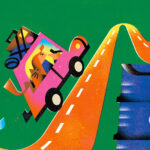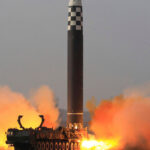Vassar College history professor Michaela Pohl, who has studied Russian President Vladimir Putin since he took power in 1999, recalls his obsession with Ukraine during his first year in office.
That’s when Putin viewed the budding democracy on Russia’s southern border as an existential threat to its existence.
“When I taught my first course at Vassar, I was already worried about him then,” she said. “The war in Chechnya had just started up again, and he made mistakes, and every war since has been the same pattern.”


Pohl, who joined Vassar’s faculty the same year Putin became president, will speak on “Putin’s War in Ukraine” on Tuesday, April 5 at 7 p.m. at St. Margaret’s Episcopal Church, in Staatsburg, on Old Post Road in historic Hyde Park. This writer will moderate a question-and-answer session following the talk.
Fiddler: Musical finds new meeting in Hudson Valley high schools
Refugee: Ukrainian finds shelter from the war in Rockland
Russian invasion of Ukraine: How area schools are addressing conflict with students
Pohl’s talk will touch on the history of Russia, the Soviet Union, and then its break-up on Christmas Day in 1991, when the hammer-and-sickle flag was replaced with the tri-color of the newly independent Russian state. Putin was in the KGB then.
She said the war in Ukraine was one step in Putin’s drive to restore some of the empire it lost in 1991.
“He felt the breakup of the Soviet Union was a huge catastrophe,” said Pohl, who grew up in Wiesbaden, West Germany and later emigrated to the U.S. for her undergraduate and graduate studies. “That’s true of you are only speaking of Russia. It was also a liberation for so many. He is blind to the non-Russians who were liberated.”
She says Putin is waging what he calls a “hybrid war,” with the Russian propaganda machine investing heavily in misinformation, along with relentless bombing, the killing of civilians and cities under siege.
“He has a well-oiled machine,” she said.
Pohl’s scholarship has delved deeply into Putin’s scorched-earth war to over control of the republic of Chechnya, and the attacks on independent journalists, such as Anna Politkovskaya, who was shot dead in Moscow in 2006. That scholarly paper, published in the journal, “Problems of Post-Communism” in 2007, was not well received by some in Russia, who issued threats against Pohl following its publication.
She has visited Ukraine four times, with her first visit in 1988, and her last in 2008, when she drove from Germany to Odessa to interview sources from the resistance in Chechnya.
“I knew Anna, and she signed a book I wrote,” said Pohl. “The threats came after I wrote the article on her. And I haven’t been back to Russia since then.”
Pohl warns Putin’s war in Ukraine carries risk for him in Moscow.
“Putin’s plan for regime change and destruction of the Ukrainian security apparatus and military is violent and risky,” she said. “It may backfire. Civil society in Russia may seem down, but it is not entirely destroyed, and unexpected change could conceivably come to Russia, as well.”
Follow Tax Watch columnist David McKay Wilson on Facebook or Twitter @davidckay415. He has written about Hudson Valley public affairs since 1986.
This article originally appeared on Poughkeepsie Journal: ‘Putin’s War on Ukraine” topic of April 5 talk in Staatsburg




